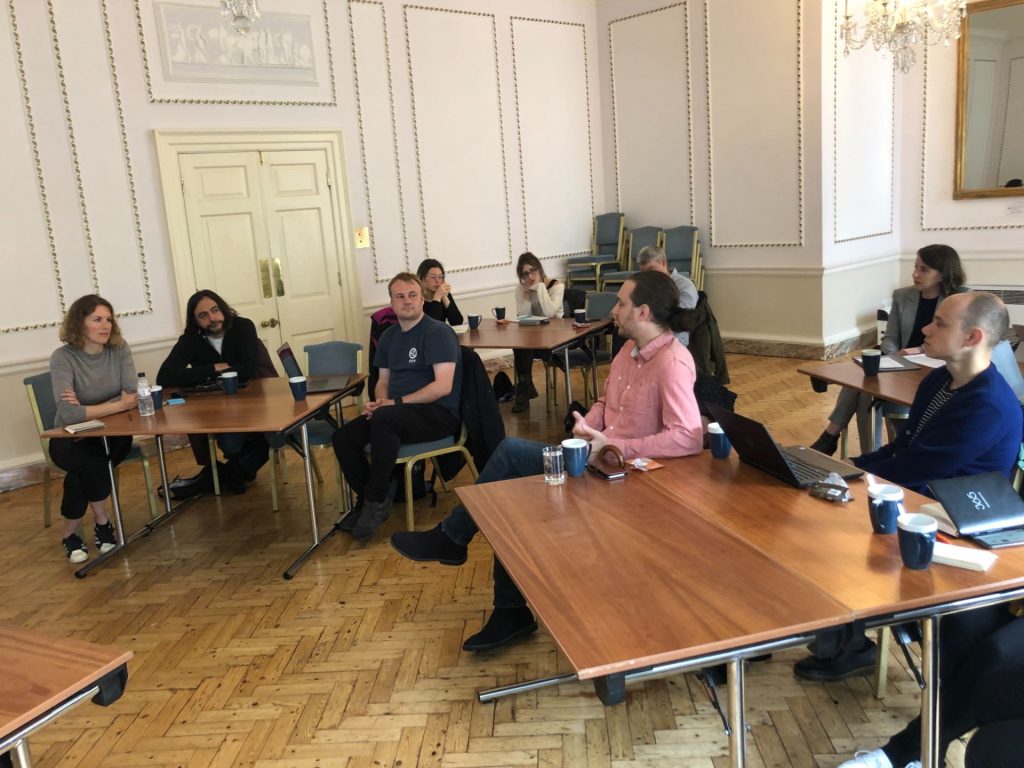Living Well by Playing Well: video game localisation and global distribution.
How can game developers and publishers, localisation service providers, game players, and researchers come together to address the issues faced by video game localisation?

Play makes us human. We play to have fun, to socialise, to learn, to destress, and to exercise. There are 2.3 billion active gamers in the world who generate US$137.9 billion in revenue for the gaming industry every year. Video gaming is a global phenomenon that connects people of diverse ethnicities and socio-cultural backgrounds thanks to video game localisation, a process that adapts games technically, linguistically and culturally for different markets. Despite the increasingly diverse nature of global markets, game localisation is often an after-thought in game development pipelines. Translation issues are rarely addressed properly, which can lead to poor localisation, unsatisfactory game experience, and economic loss. Improving translation quality and efficiency has become crucial to the future of the gaming industry.
What did the project involve?
The project brought together researchers and different stakeholders within the gaming community to discuss a range of issues in the localisation and global distribution of video games, seeking to deepen understanding and optimise the practice of this specific type of language translation. This project benefited from the strong presence of the gaming industry in Bristol and built on the existing collaborations between Translation Studies/School of Modern Languages and the regional translation networks. The project sought to refine existing research questions and generate new ideas in preparation for future research grant applications.
Topics addressed included the following:
- The role of the translator in the localisation process
- Culturalisation in game localisation
- Risk management in game localisation
- The application of machine translation in game localisation
- The application of terminology management in game design
- Game accessibility
This discussion occurred over a one-day workshop with four sessions: game developers and publishers, localisation service providers, game players, and researchers each lead a session by addressing localisation issues from their perspectives.

A photo from the workshop.
Who are the team and what do they bring?
- Xiaochun Zhang (Translation Studies, University of Bristol) Her research interests lie primarily in audiovisual translation with a specific interest in video game localisation and accessibility.
- Lucas Nunes Vieira (Modern Languages, University of Bristol) is a researcher focused on machine translation and its impact on cognitive processes, professional standards and communication. Ultimately, his work aims to understand and improve the use of language translation technologies.
- Seb Burnett is the creative director of Rumpus Animation an independent Animation and Games studio. Their work spans illustration, short films, music videos, games and interactive design, but all with a sense of fun.
- Sandra Mouton is a Bristol-based freelance translator and editor with a specialism in videogame translation.
- Karl Jones is a software engineer at Unity. He is involved in the design of the Unity game localisation system.
- Ester Jansen is a game localisation operation manager at Lionbridge, one of the major language service providers.
What were the results?
The project resulted in an internal report: to summarise the outcomes of the discussions in the workshop and the follow-up meetings, and to highlight the areas requiring further scholarly investigation. This led to a Brigstow seed-corn funding application AD4Games Project. More can be read on AD4Games here in a Brigstow Blog written by Xiaochun Zhang.
This project has developed into further iterations through the AD4Games Project network. The team went on to research ‘AD4Games: making video games accessible for visually impaired players‘ and this was followed by ‘AD4Games: Follow Up Project‘ to further develop the technology and research the team had been working on.

